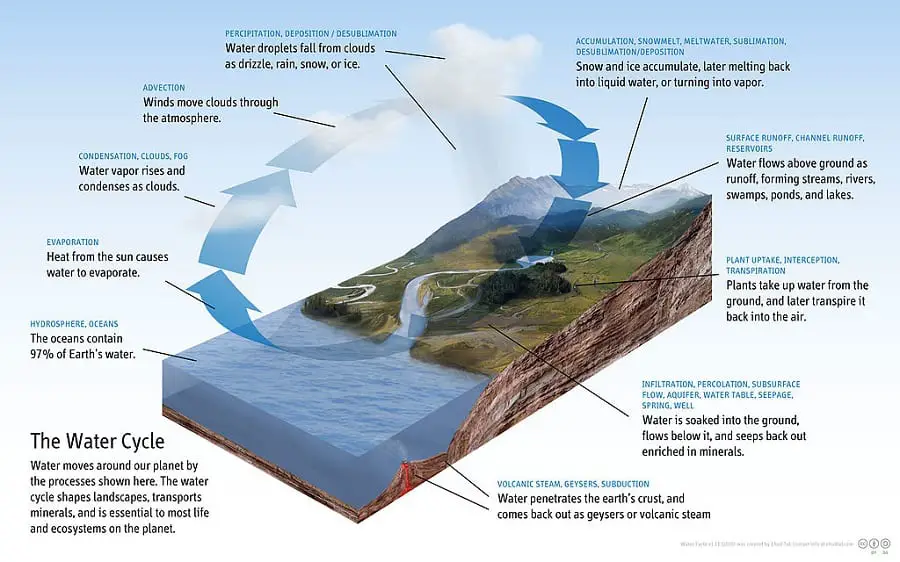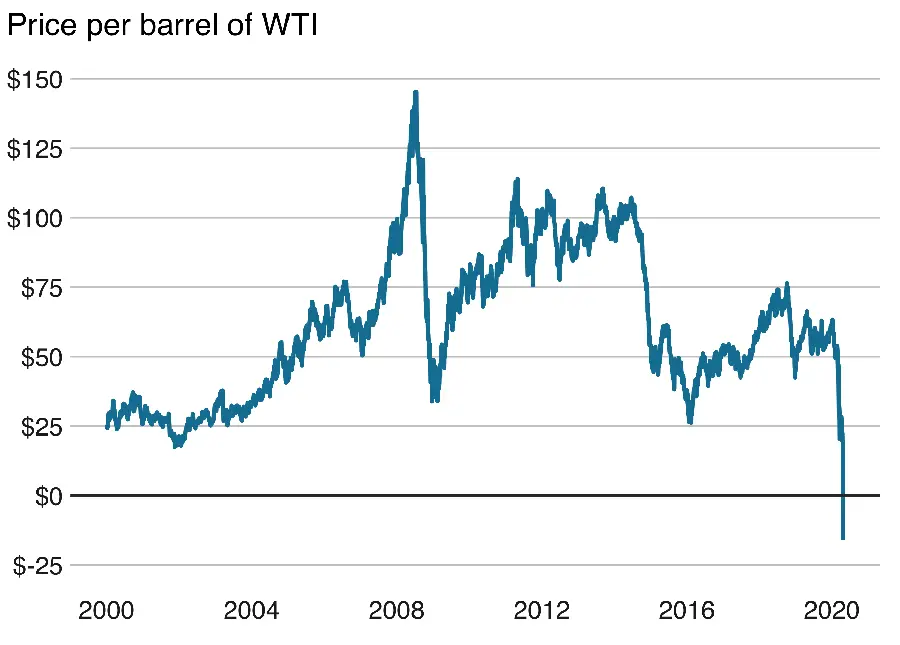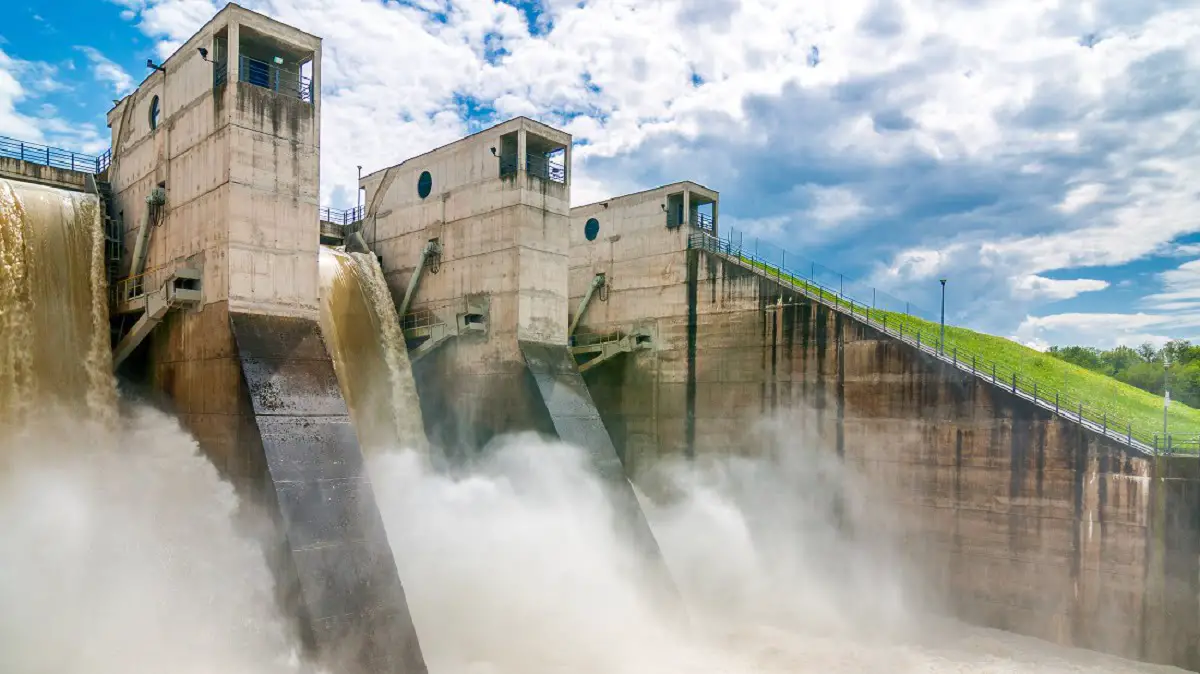Wanna know what are the advantages of hydropower in daily life? If yes, then you are at the right place at the very right time. But, before going ahead, let me give you a short and crisp review about the fact that what is hydropower anyway…!!!
By definition, hydropower is the energy of water that we primarily use to generate electricity. A system that produces electricity by converting the gravitational potential energy of water into useful work, we call this type of system a hydropower plant.
Apart from producing electricity, there are so many different uses of hydro energy that we see in our day-to-day life. For example, hydropower helps in irrigation, flood control, managing water supply, and many more.
Advantages of Hydropower – Top 6
There are so many good things about hydropower that you not wanna miss. These are the advantages of using hydro energy that I will be discussing with you today. Let’s dive right in…!!!
- Renewable Source of Energy
- Reliable Source of Energy
- Clean Source of Energy
- Domestic Source of Energy
- Cheap and Efficient Source of Energy
- Creates Job abd Uplift Economy
Renewable Source of Energy

The very first and foremost important advantage of hydropower is that it comes under the category of renewable energy resources. By renewable I mean water gets renewed or refurbished by nature over time. The availability of water is solely based on the water cycle. Well, what is the water cycle?
A water cycle is a continuous flow of water from within, outside, and, on the surface of the earth. Here is how it works? The sun shines and heats the water available on earth. Therefore, as a result, water evaporates and becomes water vapor. (See the above image for proper understanding).
As the air cools down to its dew point and becomes saturated, water vapor present in the air condenses to form clouds. Later these clouds precipitate back to the earth in the form of rain, snow, or ice pallets. This is how water available on the earth gets replenished by nature over time making it renewable.
Editor’s Choice:
- Renewable Resources: Definition, Examples, Advantages, Disadvantages
- Nonrenewable Resources: Definition, Examples, Advantages, Disadvantages
- Difference Between Renewable and Nonrenewable Energy Resources
- Applications of Renewable Resources in Daily Life – Top 6
- Examples of Non-renewable Resources (Uses, Pros & Cons)
Reliable Source of Energy
Unlike all the other renewables, hydro energy doesn’t rely on external sources. For example, in the case of solar energy, the sun (external source) only shines during the daytime. Therefore, as a result, we cannot extract solar energy during night hours. The same issue persists the wind energy.
On the other hand, thanks to the water cycle, there is no need to worry about the extraction of energy in the case of hydropower. Whether it is day or nighttime, hydro energy for electricity generation is available at any time, all year round.
Clean Source of Energy
Just because hydropower uses water as an energy resource, it is one of the cleanest sources of energy, of course, after wind energy. As per the recent World Nuclear Association’s report on Comparison of Lifecycle Greenhouse Gas Emissions of Various Electricity Generation Sources, a hydroelectric power plant emits 26 tonnes of CO2 per gigawatt-hour (GWh) of energy produced.
On the other hand, if I talk about the conventional power plants, a coal power plant emits 888 tonnes of CO2 per gigawatt-hour (GWh) of energy produced. From the above data, it is quite clear that why more and more scientists are asking people to switch to renewables.
To sum up, Hydro Energy is one of the cleanest as well as the lowest carbon emission energy resource. Just to let you know that nuclear energy has the lowest carbon footprint among all the non-renewables. Nuclear energy emits somewhere around 29 tonnes of CO2 per gigawatt-hour (GWh) of energy produced.
Domestic Source of Energy
We all are familiar with the fact that how the price of fossil fuels fluctuates in the international market. For example, one day, the price of crude oil per barrel is on the ground. On the other hand, just within a week, or a month, it is in the sky. (See the image given below for proper understanding).

As per the latest data, more than 70% of the world’s energy needs are being satisfied by the burning of fossil fuels. This is where hydro energy comes in handy. One of the biggest advantages of using hydropower is that it is by far the best domestic source of energy.
Unlike fossil fuels, hydro energy does not have to indulge in the international price war. Meaning, any country can produce its energy with the help of hydropower, hence can become energy independent.
Cheap and Efficient Source of Energy
Most people argue that we are still using non-renewable resources in place of renewable resources because they are the cheapest as well as the most efficient source of energy for electricity generation. Well, I would say that somehow they are correct, but partially. Confused? Okay, let me explain…!!! Let’s take two examples.
First, a coal-fired power plant (non-renewable) is the cheapest as well as the most efficient source of energy for electricity generation. WHY??? Because Coal is abundantly available, therefore, cheaply obtainable everywhere. And, the efficiency of a thermal power plant is somewhere around 40 to 50%.
Second, wind power plant (renewable) is the cheapest source of energy for electricity generation. No doubt. But they are not as efficient as compared to the coal power plant. As per the latest data, the efficiency of a wind power plant is somewhere between 25 to 35% depending on the speed of the wind.
Let’s talk hydro
No wonder the efficiency of any kind of renewable resource power plant is lower than a non-renewable resource power plant, except for the hydroelectric power plants. Since you already know thanks to the water cycle, there is no shortage of water as a fuel for hydropower, hence cheapest.
On the other hand, as per the available data, the efficiency of a hydropower plant is more than 90%. To sum up, not only hydropower is the cheapest source of energy for electricity generation. It is also by far the most efficient one.
Create Jobs and Uplift Economy
The very last and one of the most important advantages of hydropower is that it creates jobs and uplifts the rural economy. Yup, you heard me right. Not only the hydropower sector creates job opportunities. It also helps in the upliftment of the rural as well as the national economy.
In actuality, the hydropower sector creates more direct and indirect job opportunities as compared to the other types of renewable resources power plants. Some of the notable sectors include Hydropower Engineer, Maintenance Manager, Operation head, Hydropower & Dam Specialist, Hydro Geology, DGM Hydro Power Project, Chief Engineer, Hydroelectric Engineer, and many more.
Some other Advantages of Hydropower
Apart from the above-mentioned benefits or advantages, I am also mentioning some of a few here.
- Hydropower is flexible
- Recreational Opportunities
- Pairs well with other renewables
- Compatible for all climate
- Safer to use
- Reduces electricity bill
- Provides stability in Energy Sector, etc.
That’s it for this post. If you like this article, share it if you like, like it if you share it. You can also find us on Mix, Twitter, Pinterest, and Facebook. Hey man, If you have come this far, do give us feedback in the comment section. It would make my day. You can also make a donation. Your donations will help us to run our website and serve you BETTER. Cheers!!!
